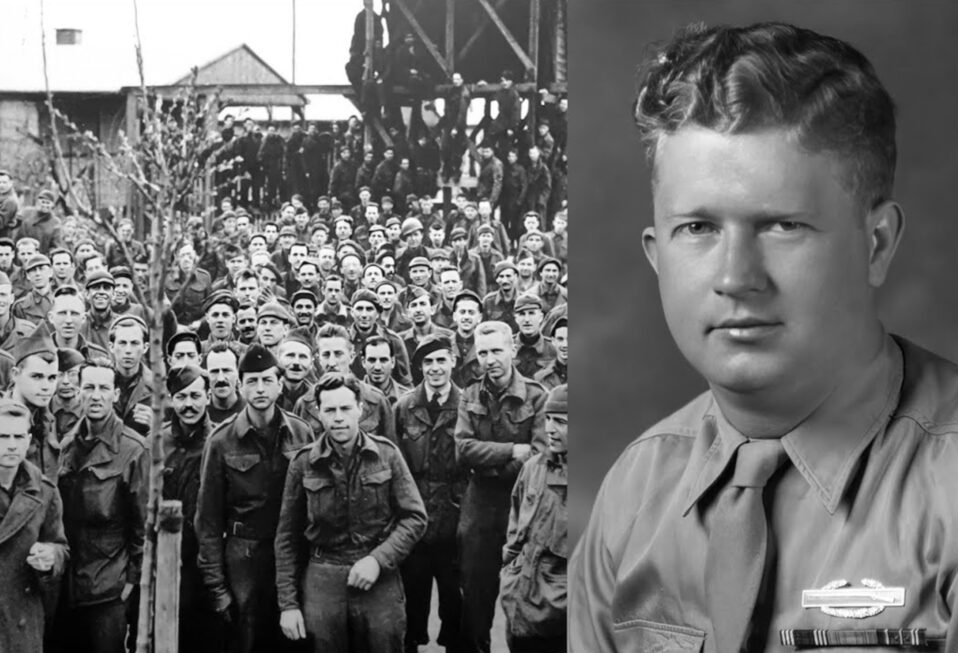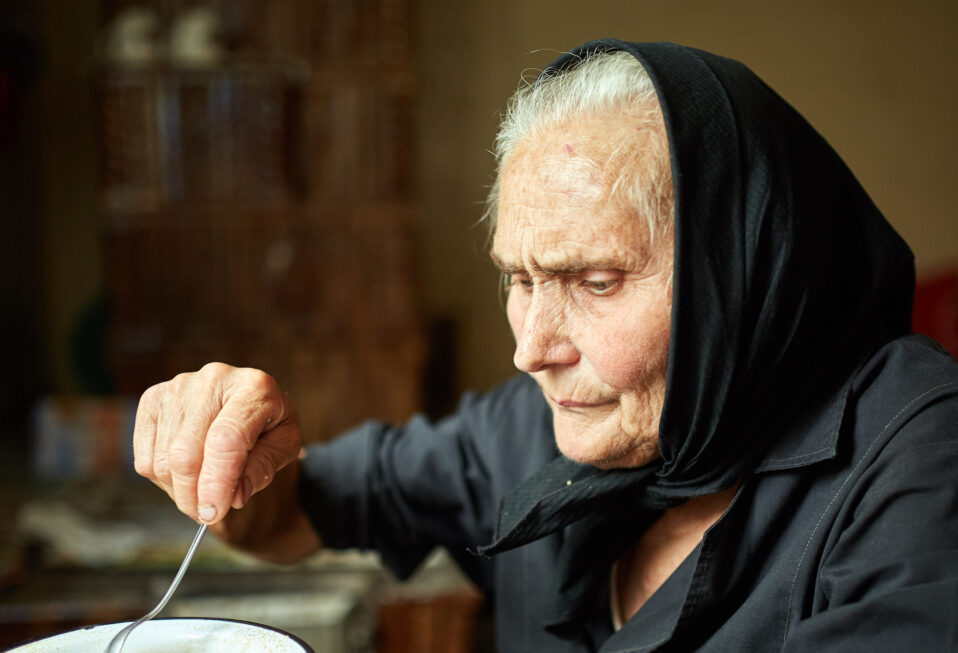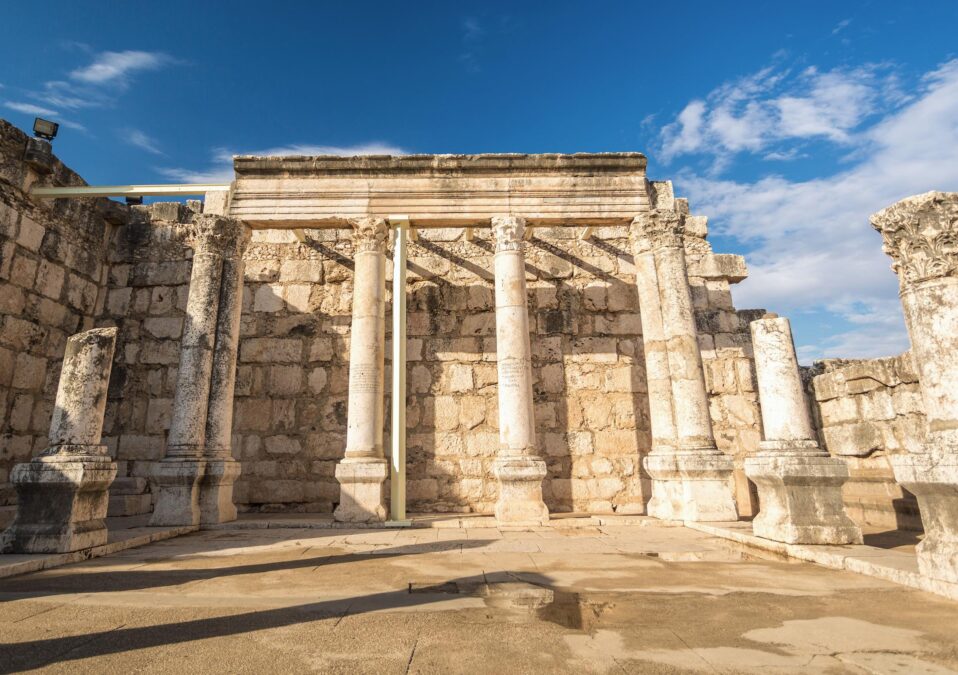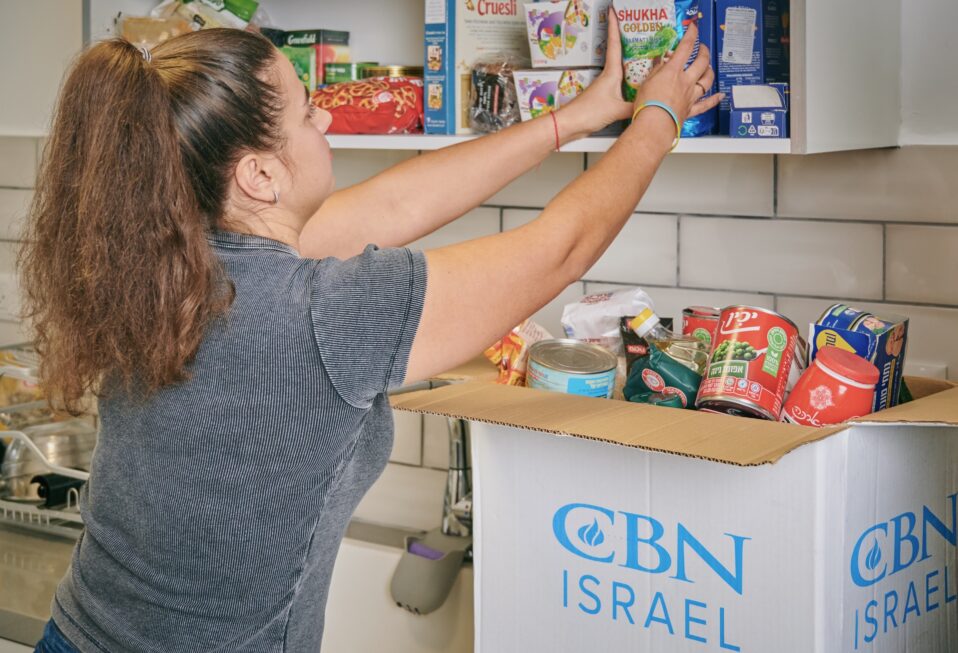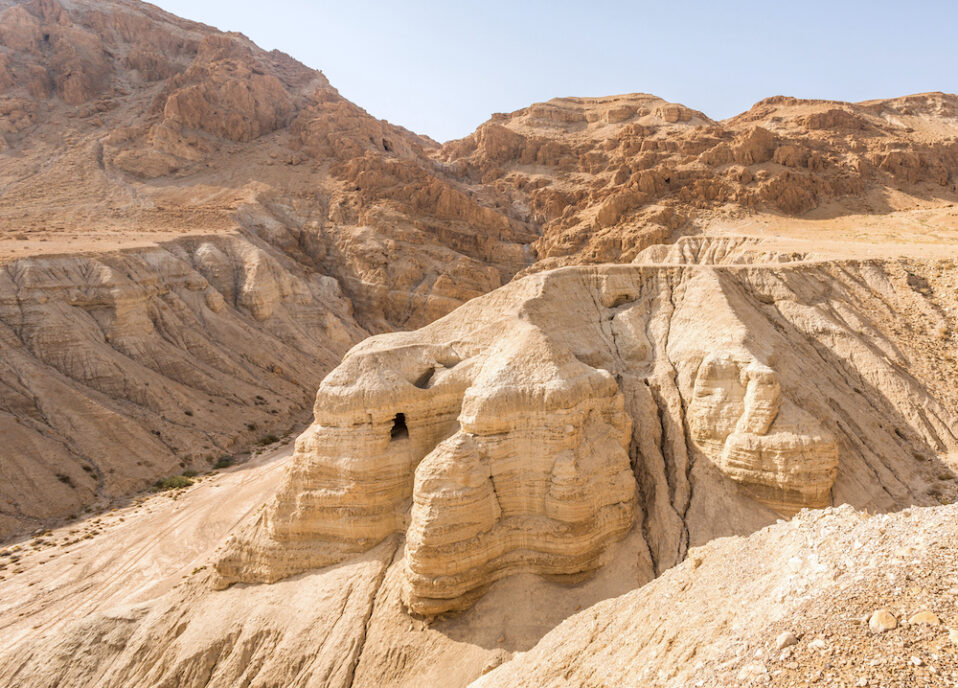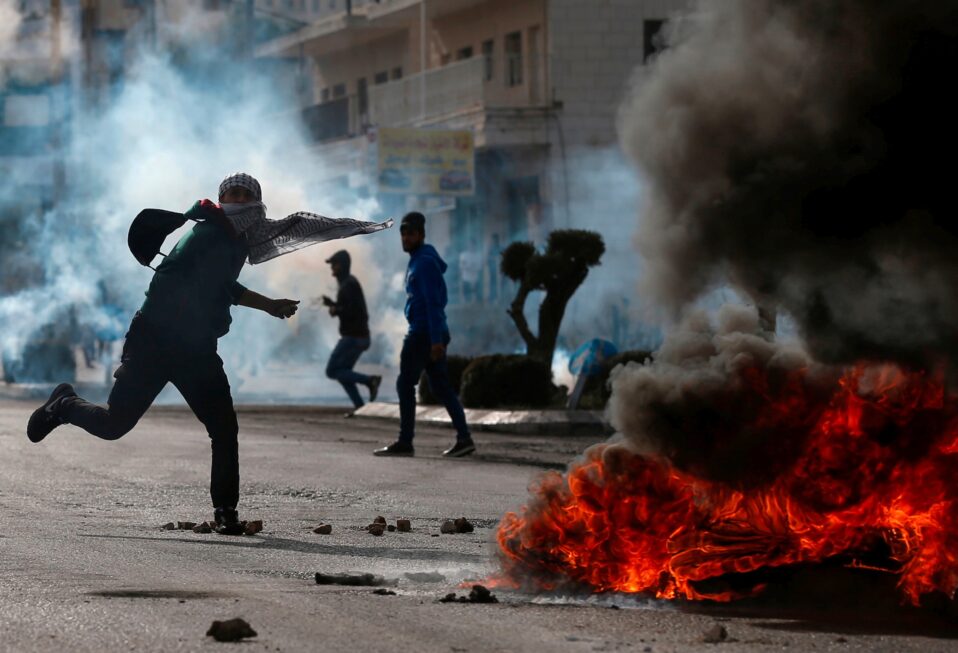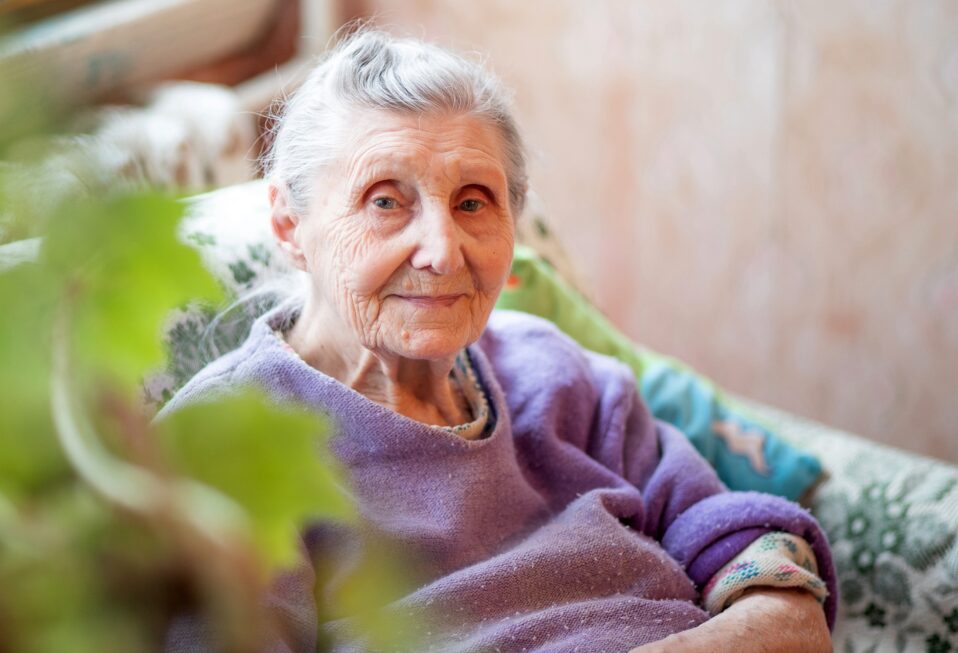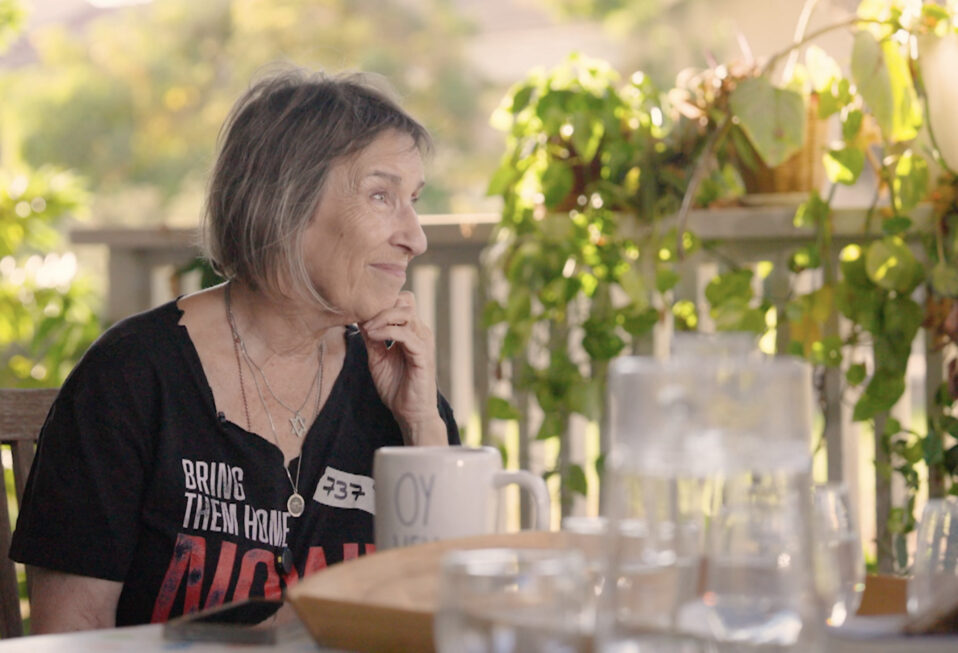By Arlene Bridges Samuels
On February 19, 2025, Senators Marsha Blackburn (R-TN) and Brian Schatz (D-HI) will reintroduce the Master Sergeant “Roddie” Edmonds Congressional Gold Medal Act on Capitol Hill. They first proclaimed their Gold Medal bill on January 27, 2025—International Holocaust Remembrance Day. Let’s take a look at why this honor is long overdue, the remarkable story behind it all, and how you can help make it happen.
This year is the 80th anniversary of the liberation of Auschwitz, marking the end of the Holocaust (Shoah) and World War II.
It is a fitting year to posthumously award the Congressional Gold Medal—the highest civilian honor in the United States—to Master Sergeant Edmonds. After the regiment that he commanded in the Battle of the Bulge was captured, Nazis marched the men into Europe’s biggest POW camp. Days later, MSgt. Roddie Edmonds saved the lives of the 200 Jewish men under his command. Epic heroism—and quite a legacy.
Since the end of the Second World War, the children and grandchildren born to the Jews spared by Edmonds’ courage number around 2,000 men, women, and children. They are a legacy born from the bravery and integrity of a hardworking, humble family man who saved the lives of his Jewish soldiers with five words.
A Christian from the hills of Tennessee, Edmonds stepped into history in 1944 with the 106th Infantry Division, 422nd Infantry Regiment—a regiment known as the “Golden Lions” for their insignia: a golden lion on a red background to symbolize courage and strength under fire. On a freezing morning in Stalag IXA, Nazis forced the prisoners into a lineup where Nazi Major Siegmann repeatedly demanded that Edmonds identify all Jewish soldiers. Every man knew that responding would mean death for the American Jewish soldiers. The night before, Edmonds had ordered his men not to surrender any of their regiment. Although Major Siegmann shouted and held a luger pressed to the Master Sergeant’s forehead, Edmonds, with calm, extraordinary courage firmly replied, “We are all Jews here.” He told Seigmann that he’d have to shoot everyone if he wanted to kill the Jews—and reminded him that the German would be hunted down, tried, and convicted for war crimes. The enraged Nazi walked away. A miracle of five words.
In those moments, Roddie Edmonds mirrored Psalm 106:3. “Blessed are those who act justly, who always do what is right.”
How did Roddie Edmonds’ heroism finally reach the halls of the U.S. Congress? The amazing family story is written by Roddie’s son, Pastor Chris Edmonds, in his book No Surrender. After reading the summary below, you will want to be a part of assuring Congress’s decision to award the Master Sergeant’s posthumous Gold Medal.
It all began in 2005, when Chris’s daughter Lauren was assigned a college history project about World War II and her grandfather Roddie. Chris’s mom remembered his frayed WWII diary that he had hidden in a cigar box in his closet. Roddie had died in 1985 without ever mentioning his wartime heroism to his loved ones or friends. And when the family found and read his diary, it contained no hint of his bravery.
Years later, Chris felt compelled to research his father’s World War II service. In a miraculous set of events, he found, met, and heard the stories about his father from four men under his command who were still living. The stories they shared are recounted in No Surrender and in a film: www.roddieedmonds.com.
Learning the stories from the soldiers his father saved, Chris declared, “I know that my father was willing to die to save Jewish men under his command because he believed a Jewish man, Jesus Christ, had died to save him.”
The February 19, 2025, mobilization on Capitol Hill is a big step for Chris. He had begun reaching out to Congress in 2016 with former Representative John Duncan, who introduced the original bill. Since then, members of Congress have reintroduced the bill six times in the House: the 114th, 115th, 116th, 117th, and 118th. Now before the 119th Congress, the bill is led by Senators Blackburn and Schatz and Representatives Tim Burchett (R-TN) and Jared Moskowitz (D-FL).
Ezra Friedlander, the founder of Project Legacy, has added his collaboration. Friedlander is concerned “that many young people lack awareness of the Holocaust.” He cites the significance of awarding Roddie Edmonds’ Gold Medal to “commemorate the 80th anniversary of this pivotal moment in history.”
Presently, neither the Senate nor the House bills have passed. The Senate bill, introduced on January 27, was followed by a House measure on February 4. A Congressional Gold Medal requires two-thirds approval by both chambers of Congress before it goes to the floor for a final vote.
Christian citizens, we must participate in getting this important bill passed. Beginning on February 19, contact your members of Congress in the Senate and House. Simply call the United States Capitol switchboard at 202-224-3121. An operator will connect you directly with your Senators’ and House member’s offices. Their staff will take your call and add your requests to support the Master Sergeant Roddie Edmonds Congressional Gold Medal Act. If you do not know the names of your members of Congress, click this helpful link.
If you wish, read The Congressional Record for Senate bill S.262 and House bill H.R.921 then pray and act!
Chris’s meetings with the men under his father’s command grew into deep friendships. He shared their stories about his father’s heroism for the first time at the invitation of Rabbi Avi Perets of Temple El Emanuel in Myrtle Beach, South Carolina. Active in the American Israel Public Affairs Committee (AIPAC), Rabbi Perets asked Chris to speak on April 27, 2014.
When Chris repeated his father’s lifesaving words, “We are all Jews here,” tears were plentiful on the faces of men, women, and a few of their Christian visitors. After speaking in Myrtle Beach, Chris has received invitations for more than 400 inspiring and educational speaking engagements in both Jewish and Christian venues.
One of his most prominent speeches occurred on March 16, 2016, at AIPAC’s annual Policy Conference. That year, it was held at the Verizon Center in Washington, D.C. In an election year, following AIPAC’s bipartisan policy, the top-tier presidential candidates from both parties were invited to speak. That particular day, former Vice President Joe Biden spoke after Chris, and later Donald Trump who won as the 45th (now 47th) president. Two survivors from his dad’s Golden Lions, Sonny Fox and Lester Tanner, sat with Chris’s wife, Regina, in the audience with 18,000 others. I was still on AIPAC staff and watched as the entire arena was transfixed and often tearful as Chris spoke about his father’s valor.
Chris’s persistent journey to honor his beloved father grew into another purpose: to motivate Jews and Christians to work together to educate and inspire others on behalf of Israel. Master Sergeant Roddie Edmonds, commanding the 106th Infantry Division, 422nd Infantry Regiment, was recognized on February 10, 2015, by Israel’s Yad Vashem as “Righteous Among the Nations.” A tree is planted on the Avenue of the Righteous in his remembrance as the only American soldier so honored.
Chris offers a timely reminder for Israel and the Jewish people worldwide. “With antisemitism and hatred rising, there’s no better time to honor my father than this year, the 80th anniversary of his heroic actions, the liberation of Auschwitz, and the end of World War II.” Chris highlights his father’s moral courage as “timeless and transformative.”
Now, 80 years later, let us commit to shining a light on the Gold Medal to every member of Congress, asking them to join in as cosponsors. I pray that “We are all Jews here” is on our lips and in our actions to confront the world’s oldest hatred as one way to speak out and oppose 16 months of cruelty since October 7, 2023.
Our CBN Israel team welcomes you to pray with us this week:
- Pray for Democrats and Republicans to effectively cosponsor this bill.
- Pray that Christians will call every member of Congress to make the request.
- Pray for the media to report facts about this inspiring World War II story.
- Pray that Israelis will find encouragement in knowing about a future successful vote.
Arlene Bridges Samuels is the weekly feature columnist for CBN Israel since 2020. Working on the staff of the American Israel Public Affairs Committee (AIPAC) as their SE Regional Outreach Director for nine years, International Christian Embassy Jerusalem USA engaged her as the Leadership Outreach Director part-time for their project American Christian Leaders for Israel. Arlene is an author at The Blogs-Times of Israel, is published at AllIsrael.com and The Jerusalem Connection, and has traveled to Israel since 1990. By invitation, she attends Israel’s Government Press Office Christian Media Summits as part of Christian media worldwide. In 2024, Arlene and her husband Paul co-authored Mental Health Meltdown: Illuminating the Voices of Bipolar and Other Mental Illnesses. www.TheMentalHealthMeltdown.com.



